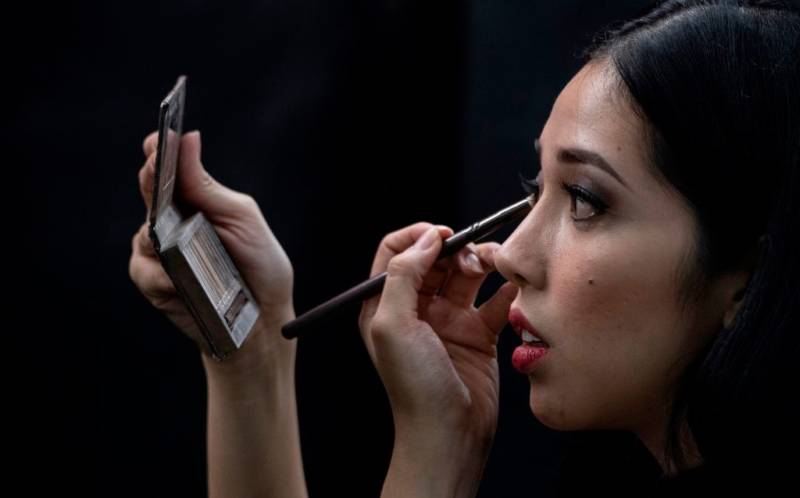Vivian Song of Sacramento tries to keep up with the latest makeup trends. While she pays attention to the ingredients in her beauty routine, she says others are clueless.
“Not a lot of girls know what they’re putting on their face,” she said. “Whatever’s trending, they’re going to put it on.”
California’s Legislature considered banning the sale of of cosmetics containing any of at least 15 toxic chemicals and minerals — including formaldehyde, asbestos and mercury. But after major pushback from powerful players such as the California Chamber of Commerce, which put the bill on its annual list of “job killers,” Assembly Bill 495 failed to survive its first committee hearing.

“The goal of this bill is to bring California up to par with the majority of European and other nations that have already banned these cosmetics with highly toxic chemicals,” said Democratic Assemblyman Al Muratsuchi of Torrance, the bill’s author. “We certainly don’t want to kill jobs, but we want to make sure that these products are not being sold when there’s strong scientific evidence indicating there are harmful impacts on women, men and children.”
But the Chamber said it would have imposed “onerous and unnecessary economic burdens on California manufacturers and retailers by immediately banning thousands of personal care products from being sold in California….The mere presence of a chemical in a product cannot be a proxy for ‘exposure.’ Actual exposure at a level sufficient to cause harm, as determined via rigorous analysis, should be the standard for more regulation.”
Advocates said the bill would allow California to step in where the federal government had failed to protect consumers.
